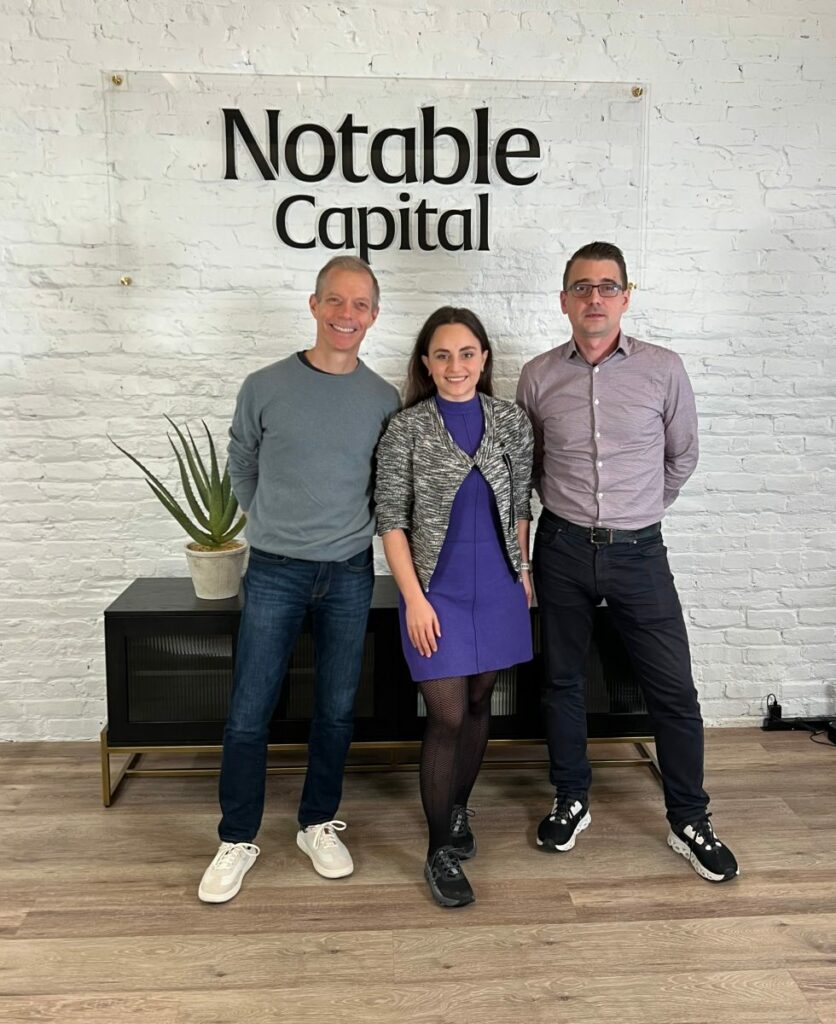Knowing how your cloud application will behave in production usually requires significant development and testing in the environment in which it will be deployed, be that AWS, Azure, Google Cloud, or wherever. But this can be a resource-intensive endeavor, particularly with issues relating to latency (the time it takes to constantly send data) and the costs associated with this.
Swiss startup LocalStack has set out to address this by shifting the development process off the cloud and onto a developer’s local machine (i.e. their laptop), emulating the environment where it will go live. For now, its focus lies on AWS cloud apps, but the company is looking to ramp things up and go multi-cloud.
To back that strategy, the company on Tuesday said it has raised $25 million in a Series A round led by Notable Capital, one of the two entities that branched out of GGV Capital earlier this year.
For context, LocalStack started out as an open-source project while founder and co-CEO Waldemar Hummer (pictured above right, with co-founder Gerta Sheganaku, and Notable Capital managing partner Glenn Solomon) was at Atlassian in 2017. Initially, they were trying to help one of their Atlassian colleagues work while traveling into the office.
“We had a team member who was commuting on the train to work, and we wanted to get her productive even while being offline on the train,” Hummer told TechCrunch.
The idea germinated as a side-project in the intervening years, with Hummer teaming up with Gerta Sheganaku, whom he’d known since his time at the University of Technology in Vienna in 2013, to drive early community adoption for the open-source project. They launched as a full-time business in 2021, and after raising a small seed round, were later joined by a third co-founder, Thomas Rausch, who’s now head of engineering at the startup.
“What first got me excited about LocalStack was the increased adoption in the community, especially after LocalStack was publicly endorsed by Jeff Barr (AWS chief evangelist) — the GitHub Stars on the project saw a dramatic jump over night and has been increasing ever since,” Sheganaku said. “By interacting with the community, we learned that some of the users were working in some of the largest companies of the world, trying to deploy LocalStack not only on their local machines, but also in their CI [continuous integration] pipelines.”
Today, the company counts some 900 paying users, including an impressive roster of self-serve customers including the likes of Apple, Comcast, IBM and Workday. LocalStack also works directly with some customers through an official procurement and onboarding process.

Going local
LocalStack’s offering consists of two core components: One is an emulator, which is basically a Docker image that the user downloads to their local machine with all the necessary AWS APIs. And the second part is a cloud platform, which serves access to additional features such as team collaboration, telemetry data, insights and more.
The company has also retained some of its open source roots with a community version, making around one-third of its AWS services available through a public repository on GitHub. The additional two-thirds are held behind a private repository for paying customers. This community version serves as a useful tool for onboarding paying customers in the future, though that isn’t always the case.
“In many cases, community users sign up to LocalStack but do not become paying customers,” Sheganaku said. “We see many thousands of community users who have signed up for our web app, but not purchase any of the paid services.”
It’s worth noting that developers are already able to “mock out” certain parts of their infrastructure locally to run tests. There’s also popular frameworks like Testcontainers that can be used to simulate certain cloud services and infrastructure components on a local machine, though usually has a different look, feel and “experience” to the actual cloud environment.
AWS itself also offers some tools to enable developers to emulate some of its services locally, such as AWS SAM, which supports the likes of AWS Lambda, DynamoDB and a few others. But LocalStack’s selling point is that it supports more than 100 core AWS services, including identity and access management (IAM) via Amazon Cognito, Amazon Kinesis data streams, and Amazon’s interactive query service Athena.
“LocalStack is almost like a drop-in replacement for AWS cloud,” Hummer said. “AWS SAM is really more specific to a certain set of services; LocalStack is much more comprehensive.”

LocalStack had hitherto raised an undisclosed $3 million in seed funding from CRV and Heavybit. Although it has operated largely under the radar, Hummer says it already has “substantial revenue numbers” and a global team of more than 50 operating mostly out of Europe. However, its customer-base is substantively in the U.S., where it will now be looking to ramp things up in terms of product and go-to-market strategy — the fresh Series A round will help fund that effort.
For now, LocalStack’s core focus is AWS, though the company is also working on adding support for Snowflake, which is a different domain from that of AWS, but has similar challenges as it relates to cloud software development. Snowflake support remains in early-stage “preview” for now, but with the new $25 million in the bank, LocalStack is also gearing up to go multi-cloud, expanding support to Microsoft’s Azure, which Hummer said he hoped would be available some time in 2025.
“We’ve had a lot of requests for Azure,” Hummer said.
In addition to lead backer Notable Capital, LocalStack’s Series A round included participation from existing investors CRV and Heavybit.


